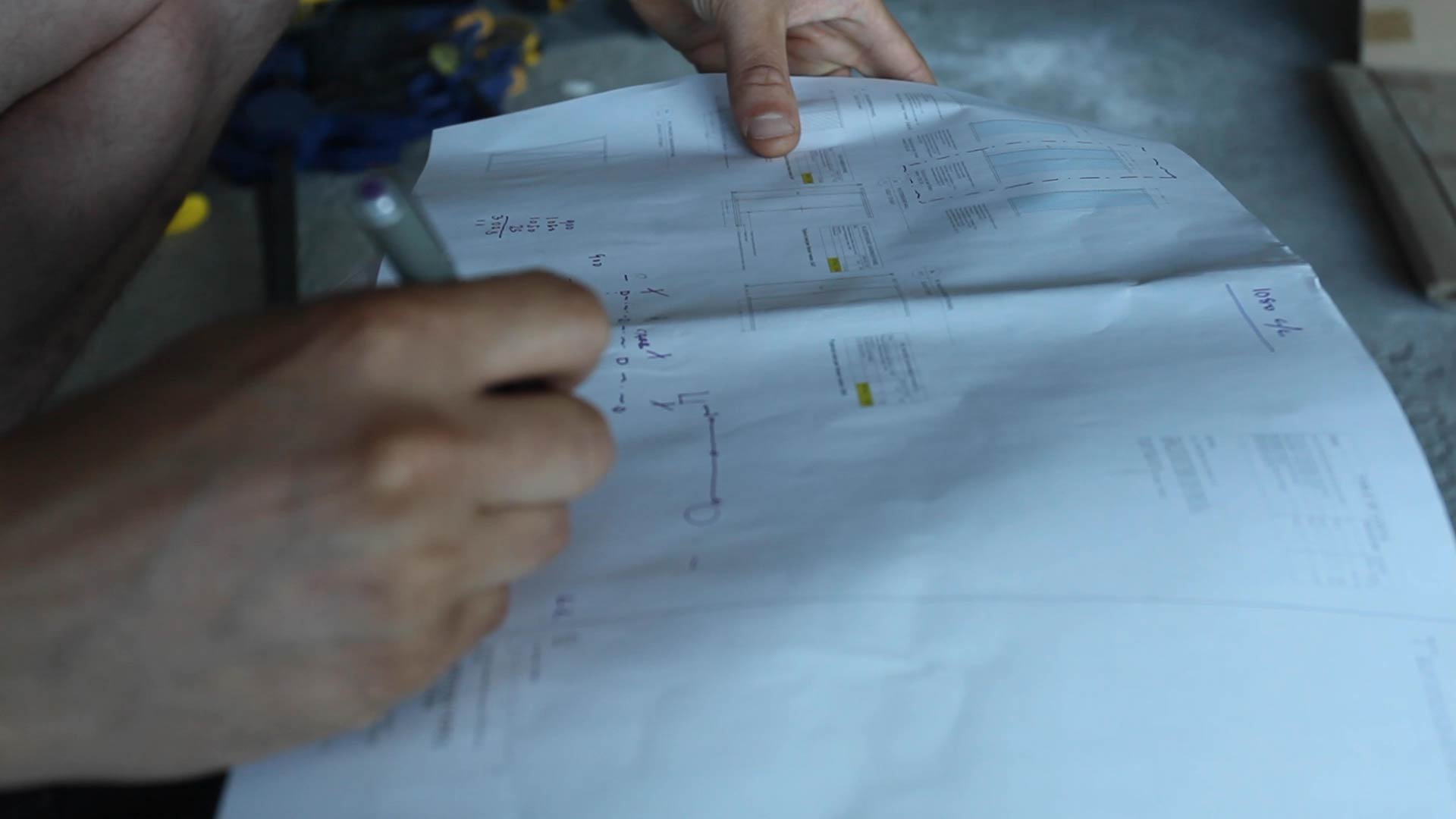PREPARING YOUR BUSINESS PLAN
- What is the asking rental price and how much can you afford to pay?
- Is there any VAT and any additional costs such as service charges?
- What is the length of the contract (meanwhile, short, medium or long) and is there any break clause?
- How many units can you set up onsite?
- Is there a demand in the area and what is the average asking price?
- Who are your target audience and how much can they afford?
- How much is the initial investment and what finish does your target user require?
- How much are business rates and can you either re-evaluate the site to self-contained units or apply for any other discount (as a charity or Community Interest Company)?
- Can you apply for empty business rate relief for the refurbishment period or has it been already used? - What is your budget (weekly, monthly, yearly) for maintenance works, such as fire systems?
DRAFTING YOUR HEADS OF TERMS AND CONTRACTS
- Type of contract - Is it a licence or a lease? Be sure to get legal advice as the distinction between the two is a crucial one, and can have significant implications for any business owning or occupying commercial premises
- Length of lease - It’s crucial to know the length of your lease
- Break clause - Is there a break clause in the contract? If so, is it mutual, tenant or landlord only?
- Rent offered - You should agree your rent and consider whether there are any conditions you want to incorporate e.g. ‘step rent’ - predetermined increases in rental payments allowing you to start with a lower rent for the initial years to help your cash flow and only pay full price later, or ‘Turnover rent’ - when a tenant pays a percentage of their turnover rather than a fixed fee - is also an option for retail spaces
- Deposit - The amount depends on the landlord / occupier risk. This can be negotiated and reimbursed after certain criteria have been met by the occupier
- Guarantees - Personal, Asset or Third Parties. It might be requested especially if your business is new but it would mean that you are personally liable for any breach, so try to avoid it if possible or agree for it to be removed after a number of years
- Service Charges - Some might say this is non-negotiable but you can demand to cap it as a certain level
- Rent free - The rent-free period would usually be based on the level of your investment required for the premises. It will most likely never be equal to the full amount, but you can always try and negotiate
- Rent-Review - Be mindful of wording of such clauses as it can suggest future increases without any caps
- Responsibilities - Whether a Full Repairing and Insuring lease (FRI) or the landlord continues to maintain and insure a certain part of the building. This will have implications on your liabilities to maintain the building so consider carefully
- Subject to Planning (or not) - Check if the site requires any planning to fit with your proposed use
- Termination Notice Period - Check how long the required notice period is
- Contribution / Repairs - Is the landlord required to repair any area or provide contribution for the lessee to conduct the works especially structural part of the building e.g. the roof?
- Reinstatement / Dilapidations - Consider the ‘yielding up’ provision in the lease - do you need to return the premises in ‘no worse than existing condition, subject to a schedule of condition’ or return refurbished? Do you need to remove the partitions you built? Remember to budget for this as well when you do your business plan.

